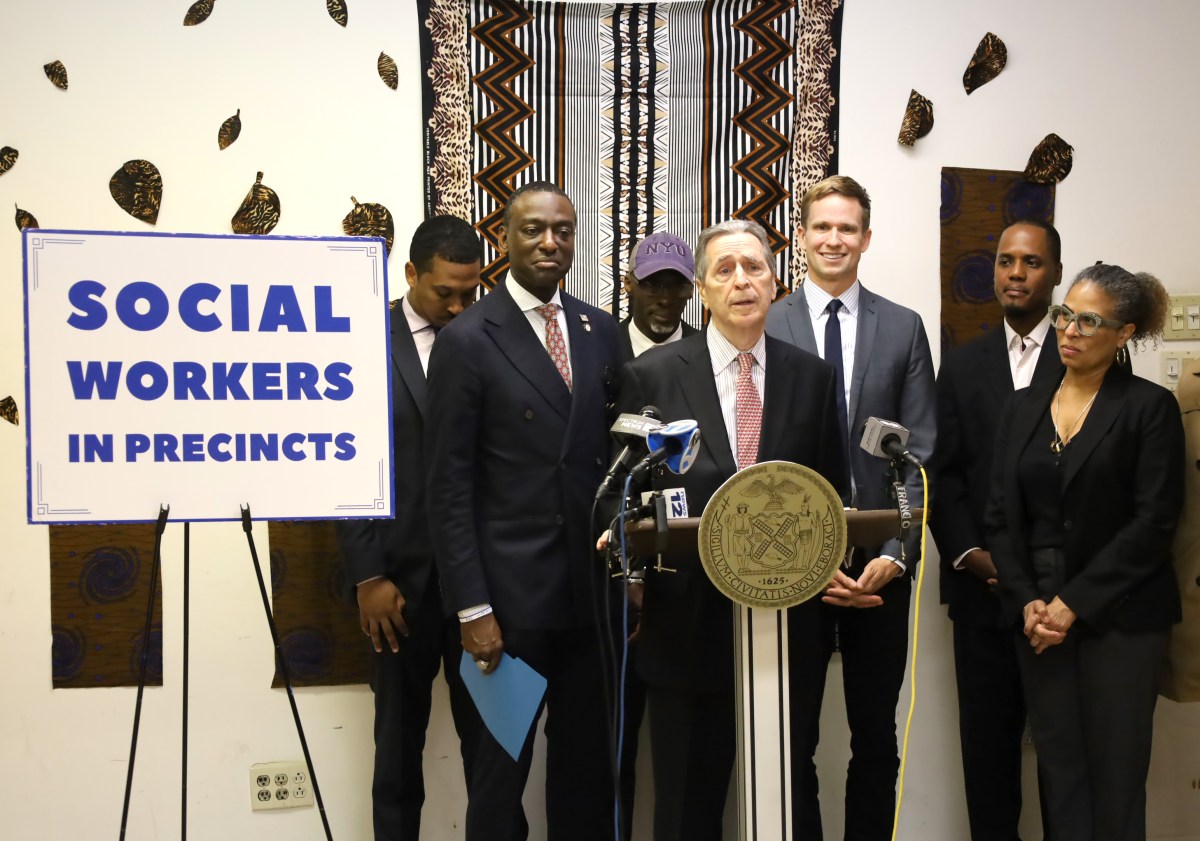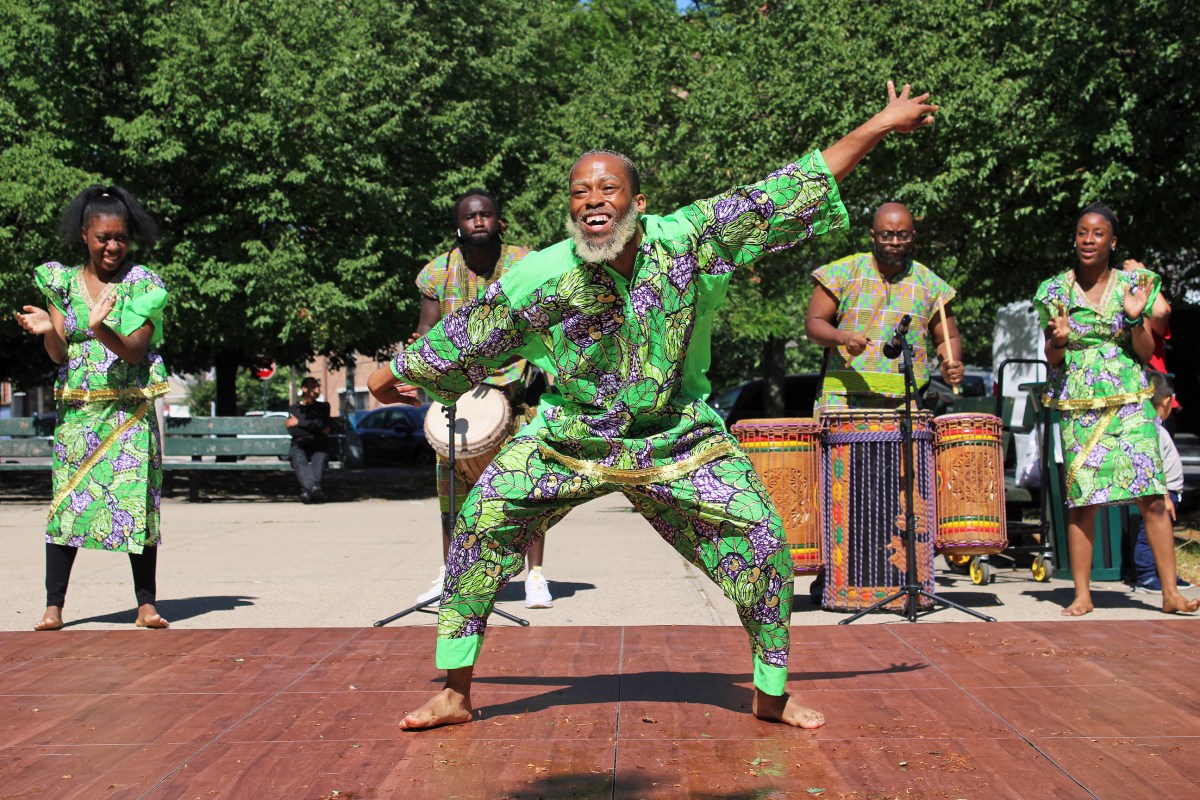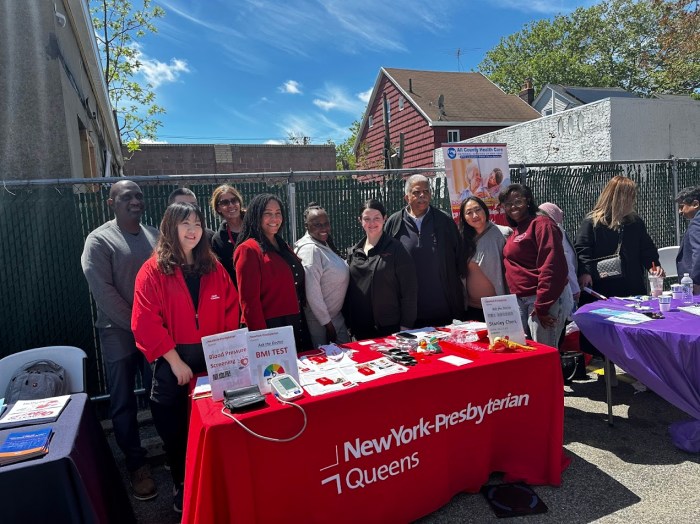Some weekend subway riders were left out in the cold - and many more straphangers will get the same treatment for the next two months - as track repairs and signal work have portions of the No. 7 line shut down every weekend through March 2.
The weekend shutdown, which has riders, businesses and local elected officials fuming mad, will mean no subway service between Queensboro Plaza and Times Square in Manhattan and forcing thousands of commuters to rely on shuttle buses and plan alternate routes to and from Manhattan.
“Year after year, for as long as anyone can remember, Queens residents and entrepreneurs wake up after the New Year’s revelry to sobering - and infuriating - news that the No. 7 train will be out of service on weekends,” said City Councilmember John Liu, who is also the Chair of the Council’s Transportation Committee. “And, like de’j vu all over again, the reason is for signal and track work to be completed.”
Riders first began feeling the disruptions on Saturday, January 3 with trains ceasing to run at 12:01 a.m. and not resuming normal service until Monday morning, January 5 at 5 a.m.
Deirdre Parker, a spokesperson for MTA NYC Transit, said that the MTA furnished free shuttle bus service between the Vernon Boulevard/Jackson Avenue stop and Queensboro Plaza as well as providing additional N line subway service into Manhattan.
During the first weekend of disruptions, Parker said the shuttle buses ran on average every eight to 10 minutes, but she said the agency is looking into increasing the frequency of the buses to every six to eight minutes for the upcoming weekend and possibly through the duration of the track work.
On Sunday, Queens City Councilmember Eric Gioia, who represents the neighborhoods in Queens affected by the disruptions, joined many area businesses and subway riders to protest the shutdowns.
“The No. 7 train is a lifeline in Queens - cutting off Queens residents in the dead of winter from the rest of the city is simply a bad idea,” Gioia said. “In tough economic times the MTA is actually making things worse.”
Sheila Lewandowski, a founder and executive director of the Chocolate Factory - a 5,000 square foot facility that hosts concerts, theatre and other arts events in Long Island City - expects a 50 percent decline in presales on tickets and a similar decrease in the percentage of walkup ticket buyers because of the lack of No. 7 train service.
In addition to the expected loss in business, Lewandowski said that the city has been trumpeting the new developments and apartments in Long Island City - with its easy access to commuting into Manhattan via mass transit as one of its major selling points. However, she believes the weekend shutdowns will send a bad message to potential tenants as well as those that already reside there.
Meanwhile, the MTA has also come under fire for what some elected officials and community groups are calling poor communication about informing the residents about the disruptions prior to their beginning.
Parker explained that the agency’s government relations unit sent out letters to all of the elected officials and different community groups during the beginning of December alerting them of the upcoming weekend disruptions.
However, Lewandowski, who is also a member of Community Board 2, said that the communication from the MTA to the local communities is often an issue.
































